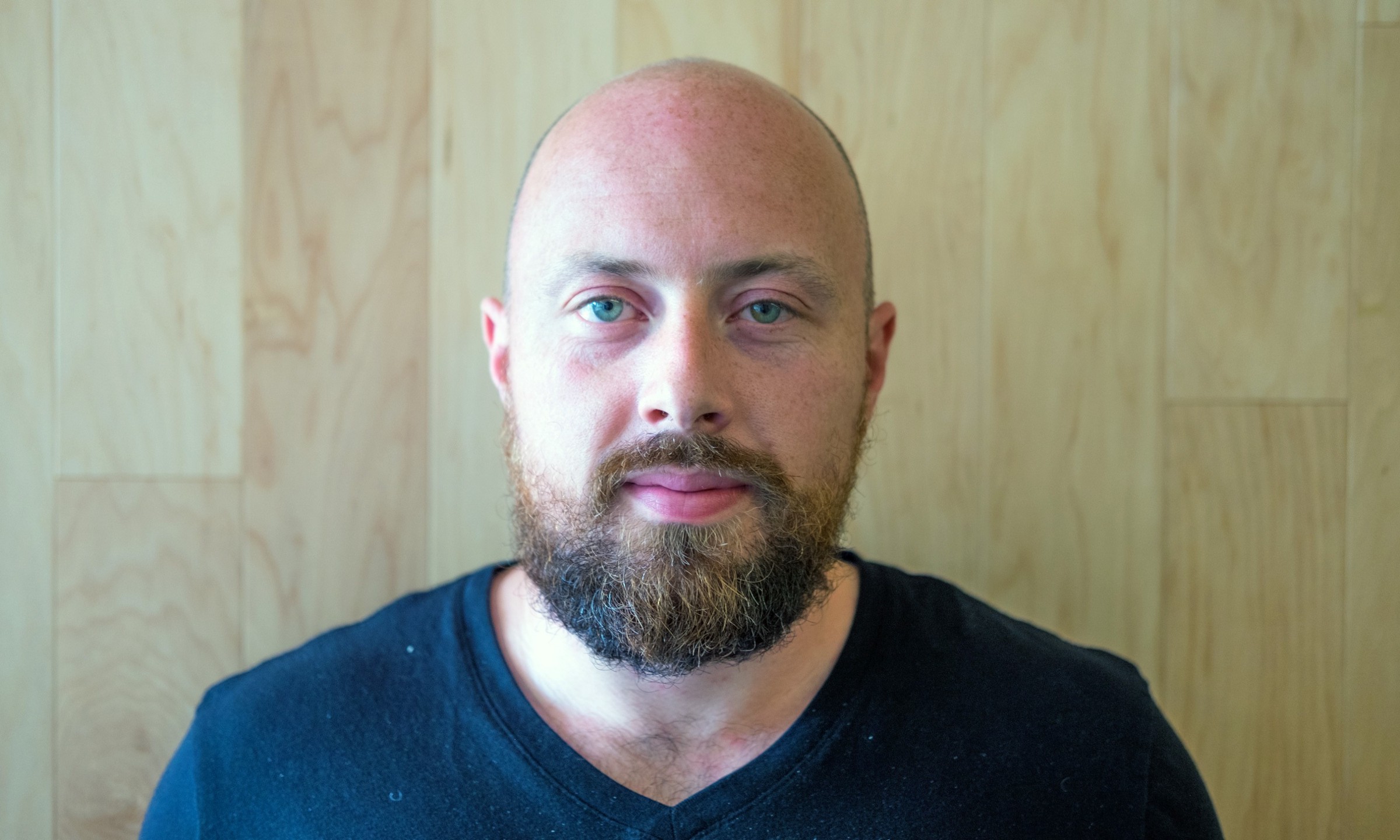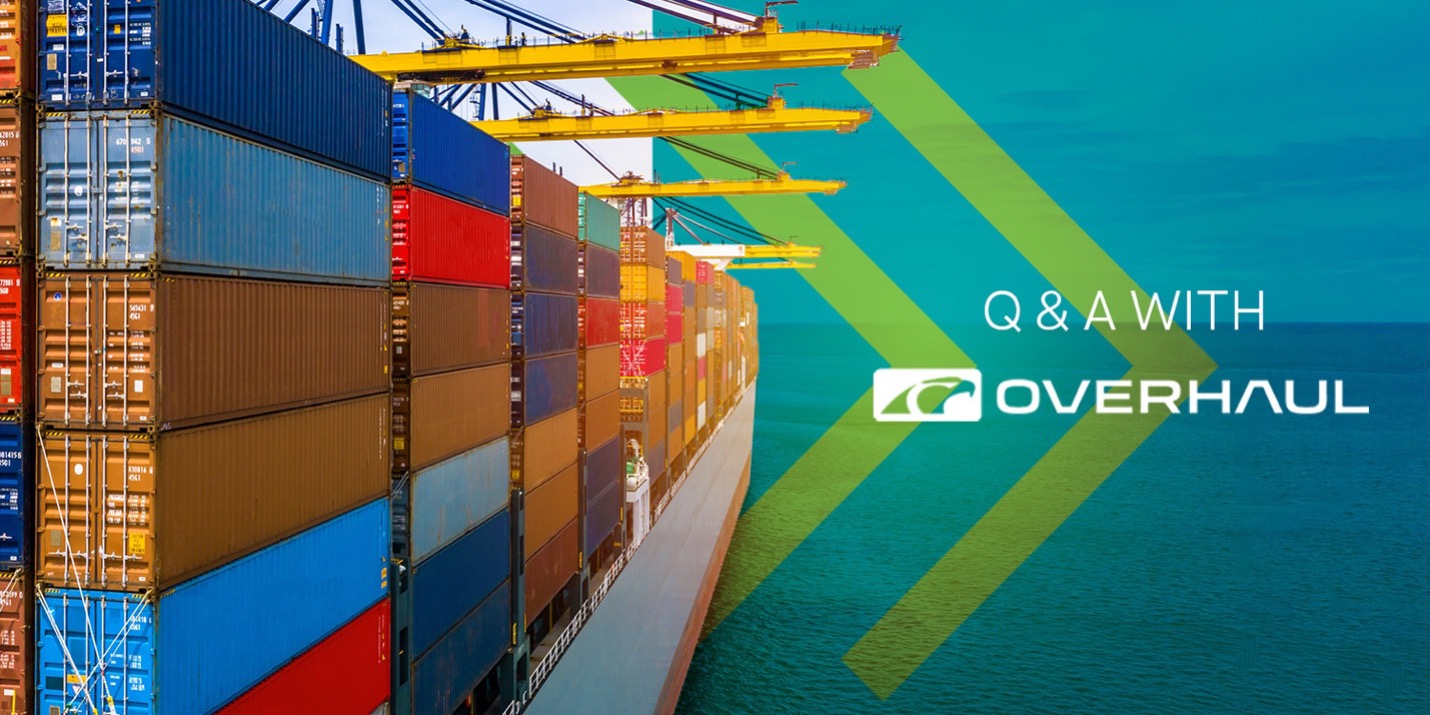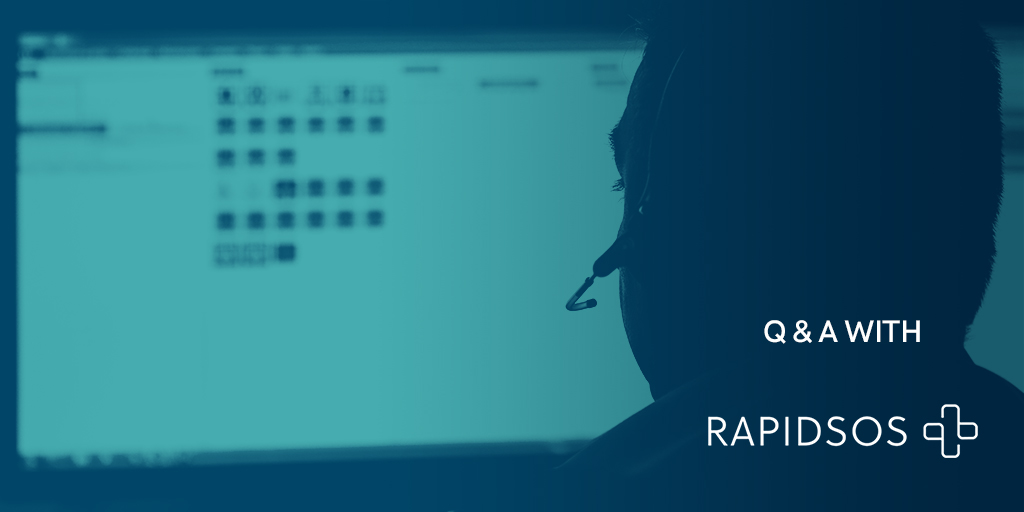Meet Sean Harper, co-founder and CEO of Kin Insurance. Kin’s mission is to revolutionize homeowners insurance by creating easy-to-understand policies, insurance that won’t break the bank, and exceptional customer service. Kin believes that homeowners everywhere deserve reliable and affordable coverage, and they plan to expand their service across the US soon. Currently, they provide service to homeowners in disaster-prone areas like Florida, Texas, Georgia, and Alabama, and will soon be available online in California.
We recently sat down with Sean to discuss the creation of Kin, areas for growth in homeowners insurance, and their experience with Avanta Ventures.

Sean Harper, co-founder and CEO, Kin Insurance
Let’s start with the name. What’s the story behind “Kin”?
When we set out to figure out what the name was, we wanted something that spoke to the emotions around owning a home, and “kin” means family. We believe that we’re taking care of our customers as if they were our family. That’s why we’ve named our company that.
Why did you start Kin?
Lucas Ward, my colleague and co-founder at Kin, and I were looking for areas where we could use our skills, and we noticed that insurance, despite being similar to several areas of financial services, lags behind significantly in terms of technology and how it’s used. We both worked in other areas of financial services, and tech has had a huge impact on those areas, mainly stock trading, lending, and payments. If you look at payments or stock trading, it’s all tech companies now. You can trade stocks for free, that’s become the norm after Robinhood. Everyone has a Venmo or PayPal account.
Nowadays, insurance is all on the computer. You’re collecting data, applying an algorithm, shuffling the data around, generating some documents, applying some rules, and providing a customer interface. It’s purely a virtual good. Insurance companies should be more like software companies, yet almost every insurance company struggles with that transition. We started with that basic idea, and then from there we began to search for an area of insurance that was appealing from a business perspective.
What was your criteria to find that area of insurance?
We were looking for three things. One, we wanted a large and homogenous market. Two, we wanted one that was overly intermediated. Insurance, like many financial services, has historically had a lot of middlemen, because it can be complicated. You need somebody to explain it to you. However, with modern technology, you can make the product a lot simpler so there’s no need for the middleman and you can eliminate their cost, which can be very significant.
The third thing that we were looking for was the availability of new data sources. That’s something that creates an opportunity for us because you build on a modern tech lab form. We can pull in more data sources much faster than a legacy insurance company can. Because their technology can be dated, it can easily be a year-long project to pull in a new data source. As the world goes online, there’s more data about everything.
Homeowners insurance seems to fit all of those criteria. First, it’s a large market. There’s $104 billion spent every year on homeowners insurance. Two, it’s overly intermediated. It’s a product that should be relatively simple, yet it’s overwhelmingly sold through storefront agents. There are more insurance agents than there are fast food restaurants in the US. I eat fast food twice a day and I’ve never ever in my life been into an insurance agency, and I think that’s true for most people.
Lastly, as real estate and government records have gone online, there are a lot of images available from satellites, airplanes, and street view. If you type in an address, there are thousands of data points about that home, much more than just the person who lives there, and we can use that data to accurately quote the home. Most homeowners don’t know those details, which can really impact their rates. If I asked you what the slope of your roof was or what type of shingles you have, you probably couldn’t answer, and that is pretty typical. I can’t about my home.
What else intrigued you about homeowners insurance?
Once we got into it, we realized that there was another angle that was really exciting. As the climate changes, the weather continues to get more extreme, and more places around the United States and the world are increasingly affected by severe weather catastrophes. The people affected by this weather have a really hard time getting insurance because legacy insurance companies really aren’t built to be good at catastrophe insurance. However, as entrepreneurs, we want to make something that people really care about.
If you live in Illinois, where we’re based, there aren’t a lot of natural disasters, so people don’t think about their insurance very often. People in California, however, have been thinking a lot more about their insurance with the fires in the last two years. For people who live in Florida, where we first started selling our products, they think about their insurance every time they see on the news that another hurricane is headed their way. It’s a huge part of life there. These are beautiful places to live, and people aren’t going to stop living in the hills of California or by the beach in Florida. Regardless, you do have to deal with the fact that the weather can significantly impact your house in places like that.
Kin is built to specialize in providing insurance in an automated and low-cost way to the people who have the greatest need. That market is going to increase, because unfortunately, we are destroying the planet, or at least altering it in significant ways, and that has a huge impact on the weather.
How is Kin helping to insure those customers in the disaster-prone areas?
In a few ways. First of all, our pricing is very detailed and granular. We make use of all the data that we get to figure out how to price the product appropriately. If you’ve built your home to be resilient, you’re able to get a lower price. Our prices are lower for everybody, on average, because our cost structure is low due to building it all on modern technology, and we have much less overhead than a legacy insurance company. Our price is also more segmented because we’re experts at understanding the physical properties of the home and the area around it. It creates a good incentive. If you weren’t going to save money on your insurance, you might not invest in making your home more resilient to the weather, but because we use that to determine price, it encourages people to make investments in resiliency.
How do you think insurance can further evolve to meet varying customer needs?
Insurance is not something people want to think about every day. The best thing that we can use technology for is to make it simple. Instead of asking you 40 questions about your home when you sign up, maybe I can only ask you three. If you have a claim, instead of making you wait for up to a month to have a physical person come and look at the home and evaluate it, maybe we could do that automatically from images that you capture with your phone or that we capture with aerial images or satellite images. We’re focused on making it efficient and convenient because at the end of the day, that’s what people want. They want insurance at an affordable cost, and they want it to be easy.
We know that people don’t care that much about insurance, and that price is extremely important. Insurance is a high overhead business, but it doesn’t need to be. If you think about the amount of work that’s being done to underwrite an insurance policy, it’s not very much. A simple policy like a homeowners policy should be fully automated. If you do the math, when you buy a $2,000 insurance policy and your insurance company has an expense ratio of 30%, that means you’re actually paying $600 for them to do a bunch of stuff on the computer. They’re not using $600 worth of computing power and they’re not using $600 worth of data. It’s artificially expensive because the industry wasn’t built in a digital way from the beginning.
Lastly, why is it important to have a partner like Avanta Ventures? What kind of support do they provide?
We have several investors and they’re all good at different things. Most of our investors are professional VCs, and they don’t know that much about the operations of an insurance company. It’s really nice for us to have somebody like Avanta involved as an investor because if we have a technical question about insurance, we can have an informed discussion. They have a lot of domain expertise and have been able to give us some really great ideas, help us figure out where we can find data to answer a question that we’re worried about, and connect us to people in the industry who can be useful to us. That’s the big appeal of having them involved — their domain expertise and industry knowledge.
Learn more about Kin Insurance here.




